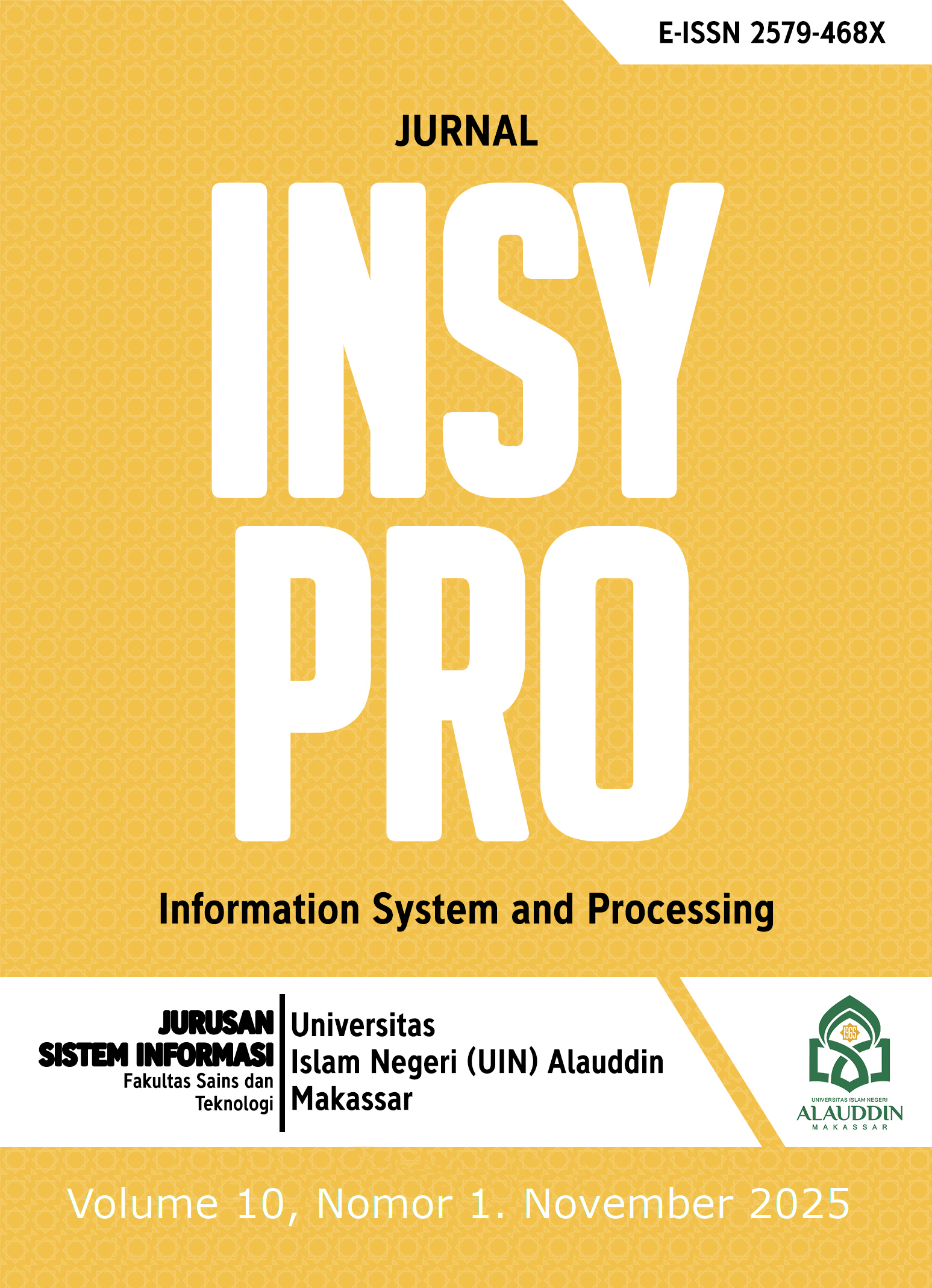Perbandingan Algoritma Naive Bayes dan K-Means untuk menentukan Status Gizi Stanting
Abstract
Stunting is a condition where children under five years of age suffer from long-term nutritional deficiencies and cause growth and development disorders, increasing morbidity and mortality. Handling the nutritional status of stunting in Indonesia, especially in Polewali Mandar Regency, is important considering that stunting cases in toddlers are a serious problem. To assist health workers in determining the nutritional status of stunting, an appropriate and effective method is needed. This study will provide an alternative way to determine the nutritional status of stunting using Data mining techniques, namely the Naive Bayes and K-Means methods with anthropometric indicators. There are 173 toddler data processed. The results of the study show that the combination of the two methods for the accuracy value of the Naive Bayes algorithm has a value of 89% while K-Mens has a value of 54%. By using the precision parameter, the Naive Bayes algorithm has a value of 84% while K-Mens has a value of 58%. By using the recall parameter, the Naive Bayes algorithm has a value of 97% while K-Mens has a value of 60%. Based on the values obtained, it can be concluded that the Naive Bayes algorithm has higher accuracy, precision and recall when compared to the K-Means algorithm..
Downloads
Published
How to Cite
Issue
Section
License
Copyright (c) 2025 Ariastuti Rahman, Akhmad Qashlim, Nurmarifah

This work is licensed under a Creative Commons Attribution-NonCommercial-NoDerivatives 4.0 International License.
Each article is copyrighted © by its author(s) and is published under license from the author(s).
When a paper is accepted for publication, authors will be requested to agree with the Creative Commons Attribution-Noncommercial-No Derivative Works 4.0 Netherlands License.













